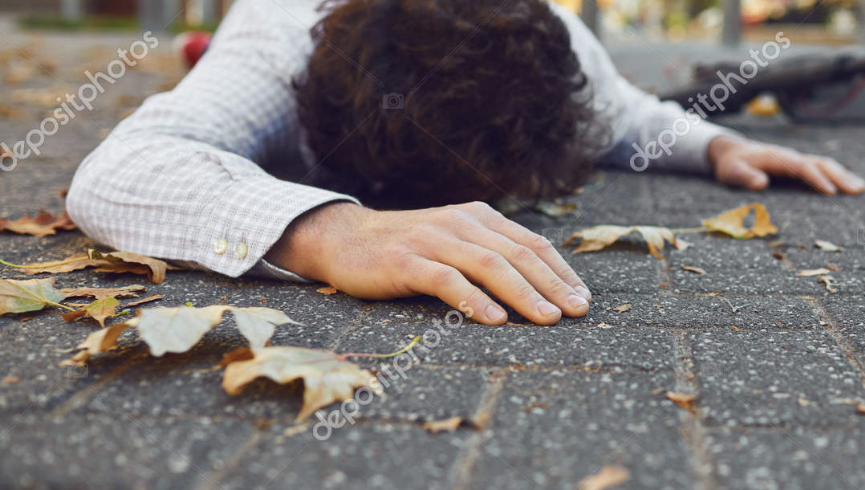Last Sunday before church a couple of parishioners were seated in the back. We are a small congregation and we all know each other but on this day they seemed a little shy.
The woman had abrasions all over her face. Her partner quickly informed me “It wasn’t me!” as I was obviously concerned. We are a very close knit congregation and we both knew I wasn’t thinking that but it was a way to bridge the surprise with an opportunity to tell the story.
They explained they were strolling through downtown Cedar Falls on that uniquely Spring-like December day earlier in the week, walking their dog. She tripped on the curb and fell flat onto her face. She stayed on the ground for some time, bloodied, their dog howled, and her partner was at a loss for what to do in a panicked moment.
There were a few pedestrians within less than a block and several cars at this relatively busy intersection. And not one person stopped to assist. No one stopped their car. No pedestrian who looked back after hearing a cry, came to her aid. No one offered a lift to the doctor or to use their phone. Nothing.
They regrouped, got home, and drove to a doctor.
I believe that Cedar Falls is a friendly community. I mean that sincerely or I wouldn’t live here in the Cedar Valley. I don’t believe we are a callous, uncaring city, in fact, I believe quite the opposite. What I also believe, however, is that Cedar Falls, the state of Iowa, and our country, in general, have fallen to an epidemic of fear.
A fear of others, a predisposition to conflict or fear of getting involved. We are becoming more and more a dispassionate society.
We are now so used to being at odds with one another and every issue in our lives seems to be a conflict. It seems that, perhaps, we’ve locked our humanity in a chest in a corner of the basement. I worry that it could mildew before we realize we need to wear it again.
A friend who is in a local band said, “Even musicians are breaking up because one person or another in the band can’t stand the politics of another.”
I’m guilty. I’ve been so angered by the Trump revolution that I’ve sometimes resorted to the same ad hominem attacks that are consistently leveled at me. When I see a MAGA hat or a Trump sign in a yard I immediately dismiss them as…well, there is a file in my head with pages of less than flattering assumptions.
I overheard an employee being introduced to clients as a “Democrat” and observed the eye rolls that followed. It was clearly meant as lighthearted humor but it was “othering” and the employee was being set apart.
This replicates all over with all of us. Even family gatherings. The result is the dispassionate response my friends received. A shield of indifference has been created around too many of us that says: “ I don’t see you.”
That’s not how human beings are supposed to live.
Suicide rates have risen 16% over the past 10 years. College students are voicing feelings of dread and hopelessness regarding their future. Young people are naturally inclined to seek connections but systems of artificial connectivity are erasing nuance and authenticity is diminishing.
I’m talking about the unbridled internet and social media, of course, but I’m cynically wise enough to know they aren’t going away. And sadly I don’t think our socio-political loggerheads are going away either. Can we agree, though, that the malaise of public indifference needs to subside?
This is not an indictment of everyone, all the time. Wonderful acts of compassion and altruism are still evident in the world. But there is also more evidence like the story that started this article. Is there a way we can each, individually, shake off some of our fear and say: “I’m going to share more of myself again.”
If our humanity goes away, what remains of being human? Asking for a friend.
